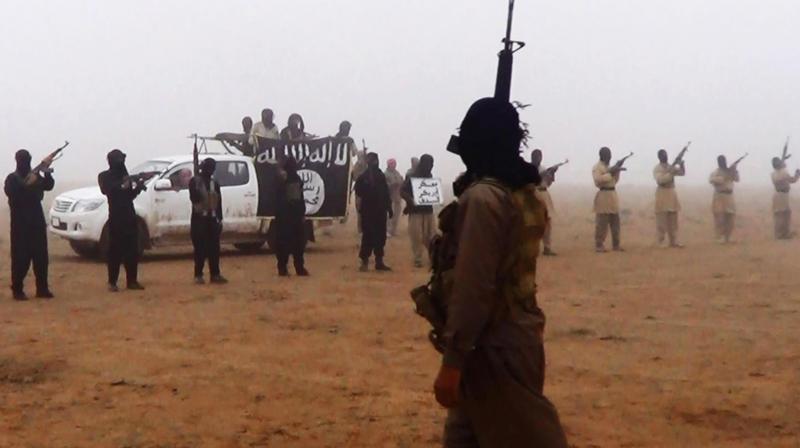Islamic State 'emboldened' in Pakistan, say analysts

Islamabad: A brutal attack on a beloved Sufi shrine that killed 88 people raised fears that the Islamic State group has become emboldened in Pakistan, aided by an army of homegrown militants benefiting from hideouts in neighbouring Afghanistan, analysts and officials said on Saturday.
Pakistani security forces have carried out sweeping country-wide raids following Thursday's bombing of the shrine in Pakistan's southern Sindh province that also wounded 343 people.
The military's public relations wing reported on its official twitter account that more than 100 suspected 'terrorists" were killed in the raids, while government officials lashed out at Kabul accusing the Afghan government of ignoring earlier pleas to crackdown on militant hideouts.
Zahid Hussain, an expert on militants in the region, said a toxic mix of violent Sunni militant groups, many belonging to banned groups that are flourishing under new names, have wrapped themselves in the banner of the Islamic State group.
"The Islamic State (group) might not have a strong organizational structure in Pakistan but we have thousands of members of banned groups sympathetic to the (their) ideology," Hussain said in an interview. "They subscribe to the Islamic State (group) world view."
Thursday's terror attack, Pakistan's deadliest in years stunned the nation and raised questions about the authorities' ability to rein in militant groups despite several military offensives targeting militant hideouts.
It also threatened to drive a deeper wedge between Pakistan and Afghanistan. Islamabad quickly lashed out at Kabul, saying the bombing was masterminded in militant sanctuaries across the border in Afghanistan, whose own security forces have been assaulted by Islamic State fighters.
Overnight, Afghan authorities said 17 Afghan soldiers were killed by IS insurgents.
Pakistan's Army chief Gen. Qamar Javed Bajwa spoke by phone with U.S. Gen John Nicholson, the top U.S. commander in Afghanistan, to protest militant sanctuaries on Afghan soil, according to a statement carried on the military's official twitter account. Bajwa said the Afghan government was not taking action against the hideouts and warned that its "inaction" was testing "our current policy of cross border restraint," without further elaborating.
Underscoring tensions between the two neighbours, Pakistan fired a blistering round of artillery shells into Afghan territory on Friday and shut down the Torkham border crossing a key commercial artery between the two neighbours. Pakistan said the barrage was in response to a militant attack on one of its border posts.

